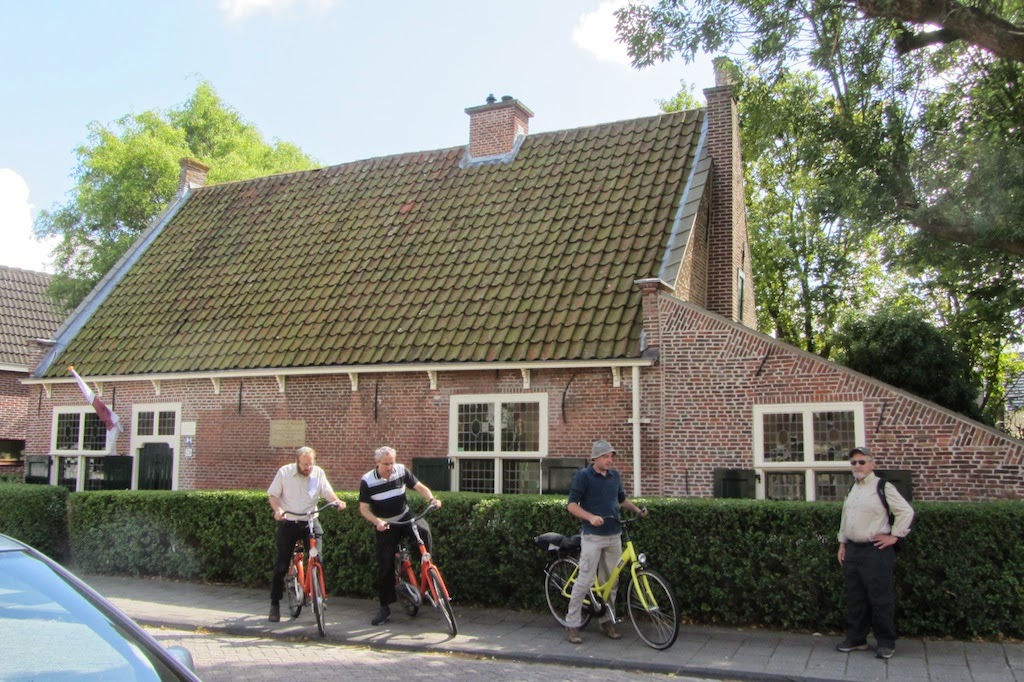- The Golem by Gustav Meyrink (1914), translated by Mike Mitchell
- The Golem and the Wondrous Deeds of the Maharal of Prague by Yudl Rosenberg (1909), translated by Curt Leviant.
Pursuing my fascination with the development of the golem story, I've recently read both of these books. Each one has an extremely useful and fascinating introduction, offering insights about the authors' originality and background.
I believe that both books had great influence on the huge number of adaptations and appropriations of the Golem story during the last 100 years -- a history that's documented in detail in Wikipedia (accuracy as always unknown and stability of the article unpredictable).
Meyrink's Golem tale is phantasmagorical. The narrator sees words in a book emerge like living creatures. The houses of Prague appear to him to squat like animals. The narrator is never even certain of his own identity.
The appearance of Meyrink's golem is preceded by "eerie portents which presage the irruption of that spectre into the physical world." (p. 59) And people who see the golem are paralyzed with fear at the sight of the hulking figure with a smooth, round head. They are never sure they have witnessed its presence, which manifests only every 33 years.
You can read Meyrink's book as one of those dreams where you keep waking up but you wake up into another dream, becoming more and more disoriented and frightened, and indeed the character of the Puppetmaster, a tale teller in the story, says: "dreams carry within them dark truths, which when I am awake, glimmer faintly in the depths of my soul like the after-images of brightly coloured fairy tales." (p 42)
Yudl Rosenberg's Golem is narrated by an eyewitness to the legendary events in Prague in the days of Rabbi Judah Loew. Rosenberg invented many of the now-classic heroic deeds in which the Rabbi outsmarted the antisemites of Prague by using the Golem to do his bidding. The golem had an invisibility cloak and massive strength, two features that made him especially effective in carrying out his trickster duties and revealing the machinations of Jew-hating evildoers to the more sympathetic authorities. Rosenberg was so effective at making his original tales sound like old legends that most people attribute his creations to folklore.
These two approaches to the Golem as either a figure of fearful danger or as a helpful tool in protecting the Jews are both very fascinating. The straightforward folkish narrative style of Rosenberg contrasts to Meyrink's unreliable narrator: a man who isn't sure of his own identity, much less capable of really explaining what's happening to him. So many other approaches to the idea of a Golem have followed, from serious treatments to those bordering on silliness -- a literary history to savor, I think.














